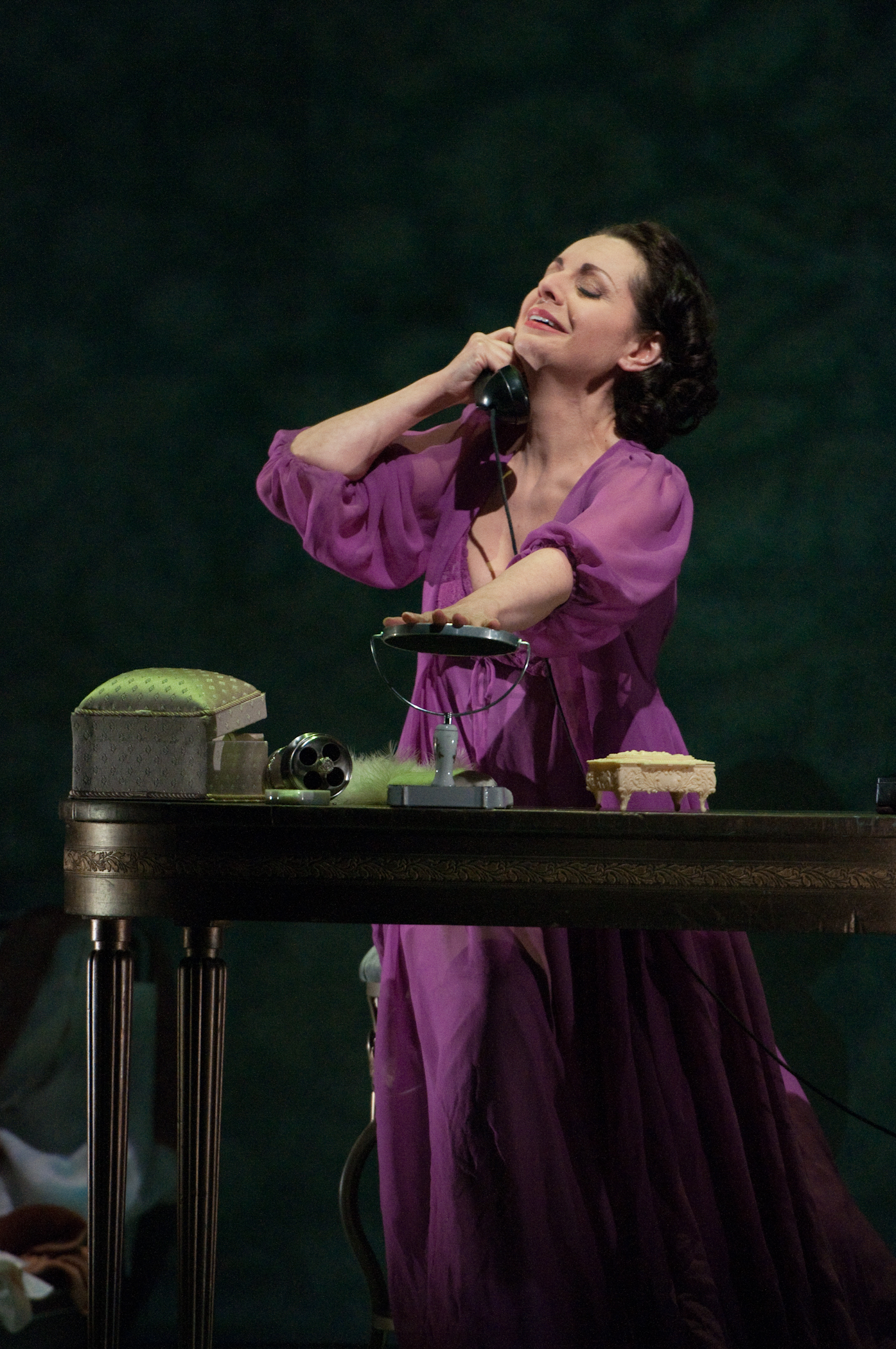Co-LAB 5
Erickson Theatre Off Broadway, 1524 Harvard Ave., brownpapertickets.com. $10–$20. 8 p.m. Fri.–Sat. Ends May 11.
Back in the early days of modern dance, choreographers ruled the system. Obsessed by the task of creating their own unique approach, they required dancers loyal only to them—more acolytes than independent artists. Almost a century later, the paradigm has well and truly flipped. Coriolis Dance Collective, which is marking its fifth anniversary, began its life as a cadre of performers who wanted to choose what they were dancing, rather than the other way around.
The choices made for this program show the breadth of contemporary training, the smorgasbord of styles that is standard issue today. Indeed, in some cases the dance skills are more polished than the works used to display them. The brief excerpt from Natascha Greenwalt Murphy’s Tethered Apparitions made more sense in its original context. As a fragment, it’s a romantic tangle for Murphy and Danny Boulet, but we’re left wondering what lies beyond the interlaced partnering.
In contrast, Christin Call has stuffed her new The gentle abduction of Esther Williams with a toy chest full of ideas. She performs in front of a slideshow featuring twisted versions of inspirational posters, with skewed mottos attributed to film stars. (Gene Kelly advises us to “Do something wrong and see what happens.”) For the score, composer Jackie An runs through a stream-of-consciousness monologue about a time-traveling Williams seeking a life beyond synchronized-swimming movies. Amid all this hubbub, it takes some concentration to follow Call in a fluffy jacket and a fuchsia bathing cap, her prehensile locomotion making her look like an exotic bird.
Andrea Larreta takes a different approach to text in Depicting Verbs, as she tries to extend American Sign Language gestures into full-body activity. Rather than using the material to tell an actual story, as choreographers like Pat Graney have done, she seems to be working with the energy and rhythm of the original gestures.
There are three more revivals on the program: Along with Lauren Edson’s flirty Real Gone and a elegant expansion of Zoe Scofield’s when we were young II, Rainbow Fletcher’s Deciduous Urge closes the show. Fletcher often makes work for the Can Can Cabaret, where the stage is so small that her artists excel at dancing in place. Even here in a larger space, she still translates the intensity of close quarters into a disturbing world, where costumes are a combination of balaclava masks and bathing suits, her dancers disguised and exposed all at once. SANDRA KURTZ
PLa Voix Humaine/ Suor Angelica
McCaw Hall, 321 Mercer St. (Seattle Center), 389-7676, seattleopera.org. $25 and up. 7:30 p.m. Wed. & Sat., 2 p.m. Sun. Ends May 18.
I am not generally a crier over theater in any form. And if I do, it’s at happy endings rather than tragic; I’ve misted up far oftener at the end of Falstaff than at La boheme. But a UW student production of Puccini’s Suor Angelica about eight years ago had me convulsing with sobs, nearly to the point of being disruptive to nearby operagoers.
The climax of Seattle Opera’s staging, which opened Saturday, is moving, if not quite the same sledgehammer blow. In this 1918 one-act, the title nun, sent to a convent seven years earlier for having a child out of wedlock, longs for word of her son’s fate; getting it drives her to suicide and a reunion with him. (I guess it could be considered a happy ending.) Maria Gavrilova brings a huge voice—a Turandot/Brunnhilde voice—to the role. It reveals the heart throbbing under her habit, as if Gavrilova is not merely aiming her sound into the hall, but allowing it to escape on the wing the constrictions of monastic life. The bearer of the bad news, Angelica’s malevolent aunt (whom author William Berger calls “perhaps the single biggest bitch in all opera”), is sung by veteran Rosalind Plowright, who specializes in villainesses and plays her like a black-clad ice sculpture. Director Bernard Uzan’s uncluttered, by-the-book staging shows he trusts the piece, which is the only way it can work.
This all-woman double bill—the only male voices you hear are those in the backstage choir at Angelica’s climax—opens with Francis Poulenc’s 1959 monodrama La voix humaine (“The Human Voice”), an idea that shouldn’t work at all: Jean Cocteau’s libretto portrays one side of a 40-minute phone conversation between a woman and her unseen lover, who, we gradually gather, is breaking things off. You can’t blame him; you know the woman, identified only as “Elle” (“She”), is nuts from the way soprano Nuccia Focile neurotically strokes the phone like a pet cat, even before she admits to her lover she almost stalked him to his apartment and later took a dozen sleeping pills.
How can a singer bring tragic grandeur to something as mundane as a phone call without turning it into camp? Focile, unwaveringly focused and committed, does just that. Poulenc’s shrewd deployment of forces intensifies her situation. His orchestra doesn’t consistently accompany the voice, work in concert with it, but usually simply underscores it cinematically. (It often remains silent while “Elle” sings, but fills the gaps between her utterances.) Occasionally it does even less, just providing decor: sensuous, Messiaen-esque chords like upholstered cushions for the voice to lounge upon. Voix is less an opera for soprano and orchestra than one for soprano tellingly alone with an orchestra off on some other plane. Though there’s nothing surreal about Uzan’s staging, the sonic isolation that Poulenc engineered and Focile realizes chillingly made it seem like we were not only seeing but hearing a hallucinatory breakdown. GAVIN BORCHERT
E
stage@seattleweekly.com




